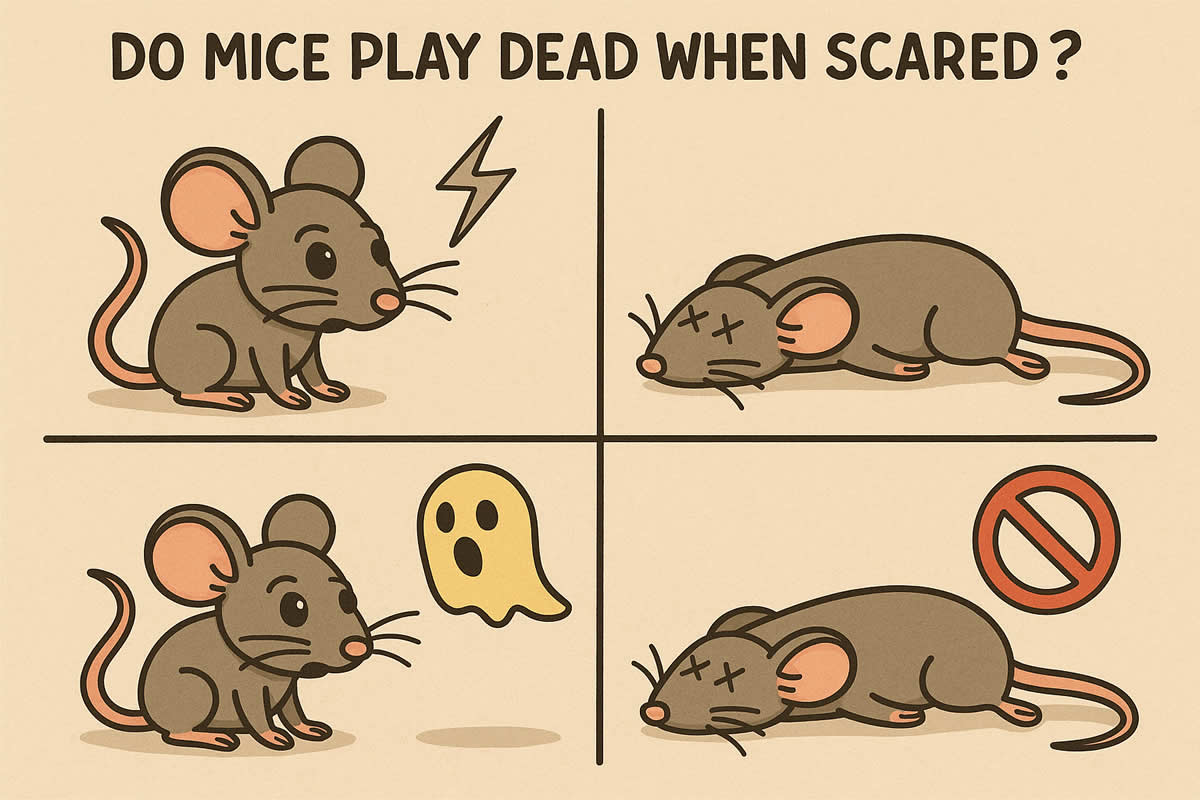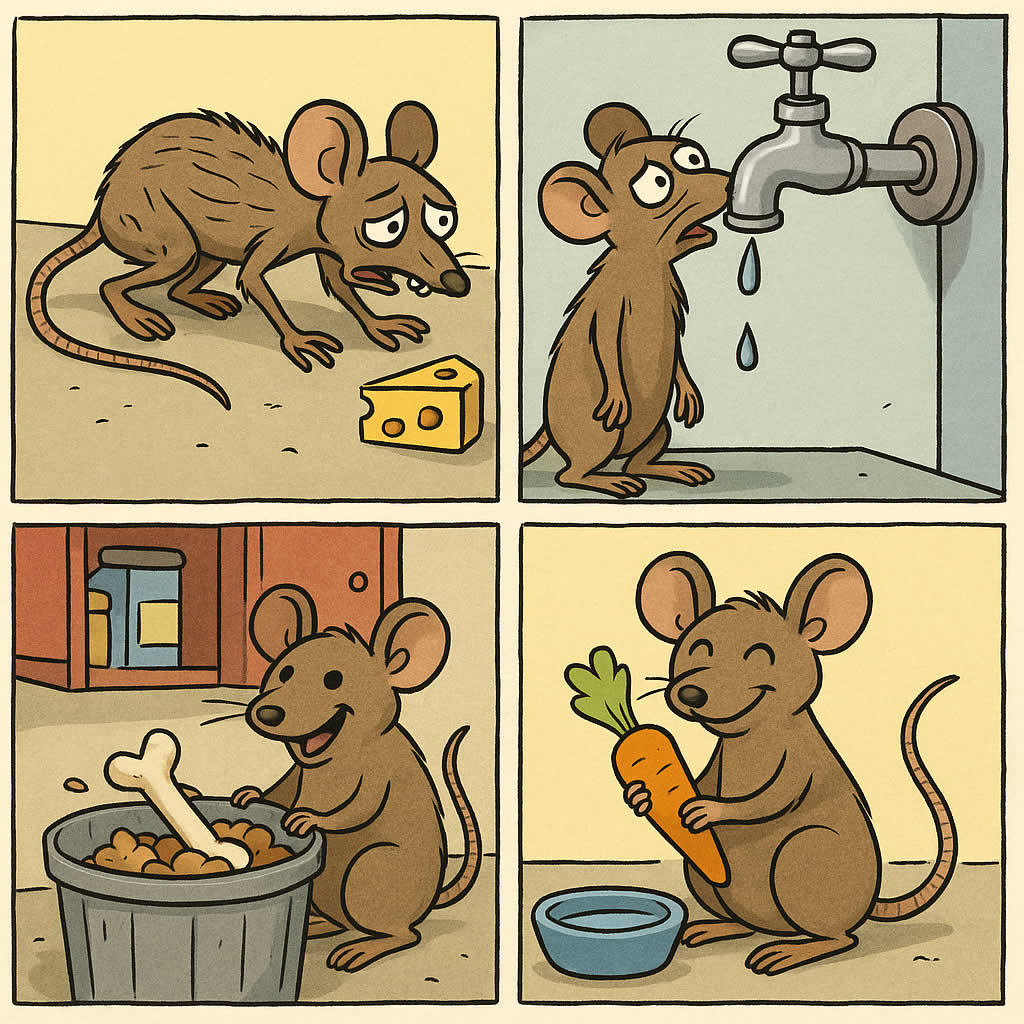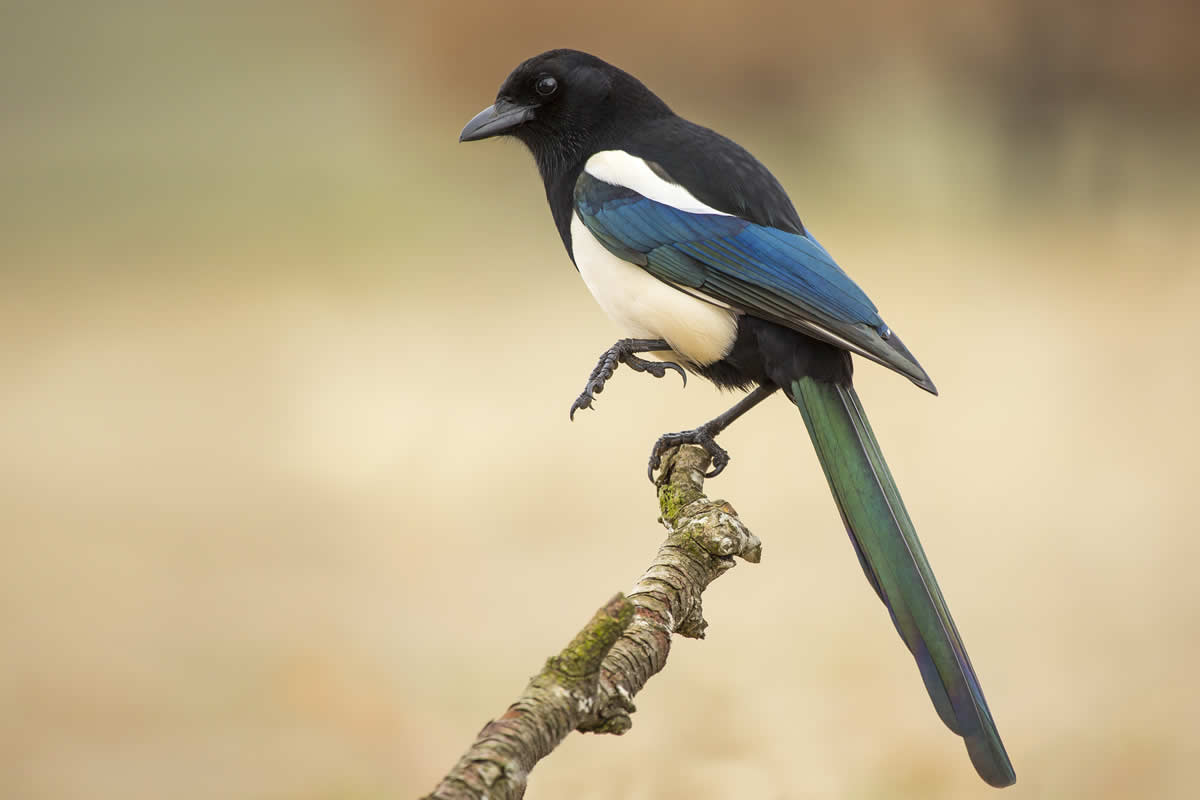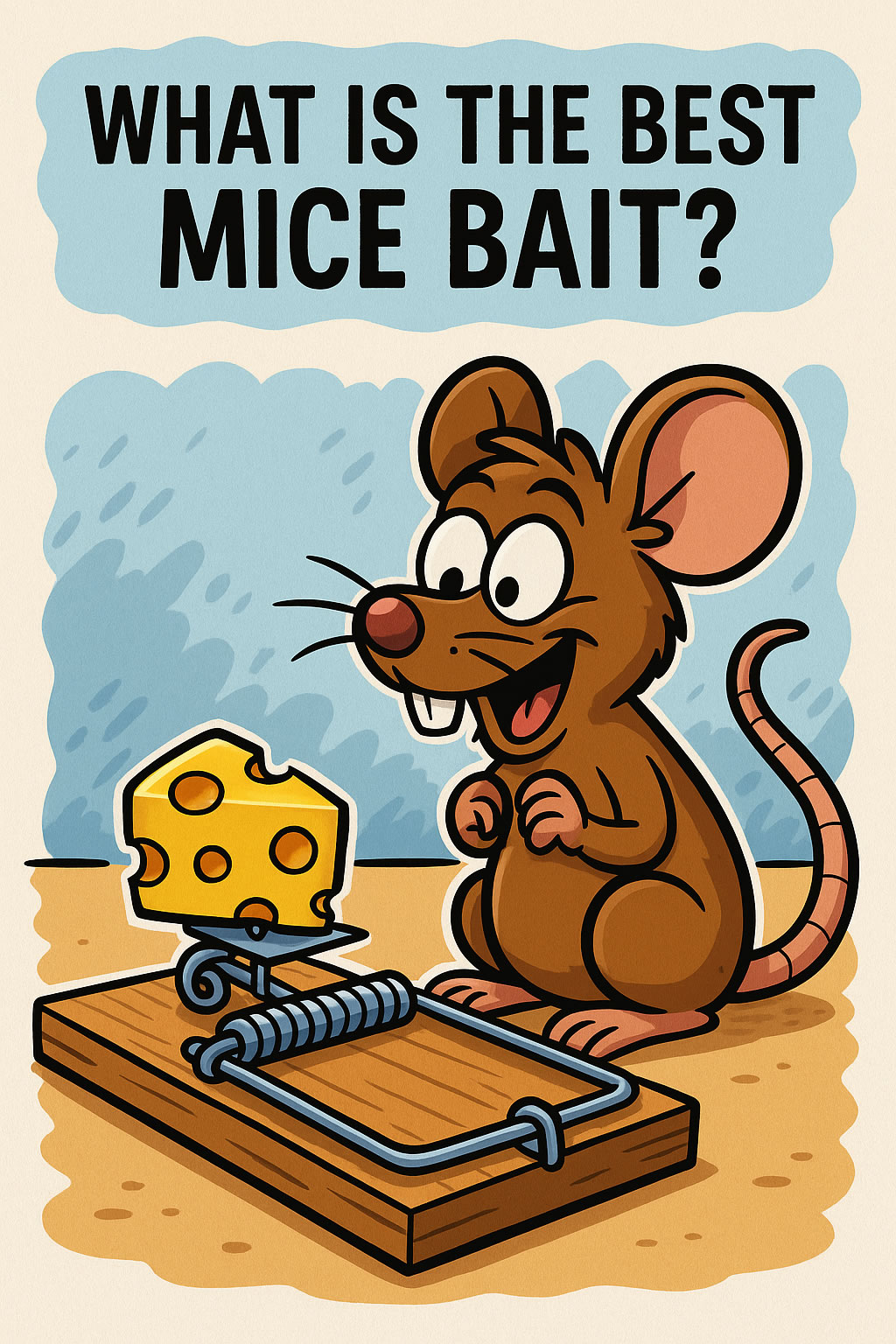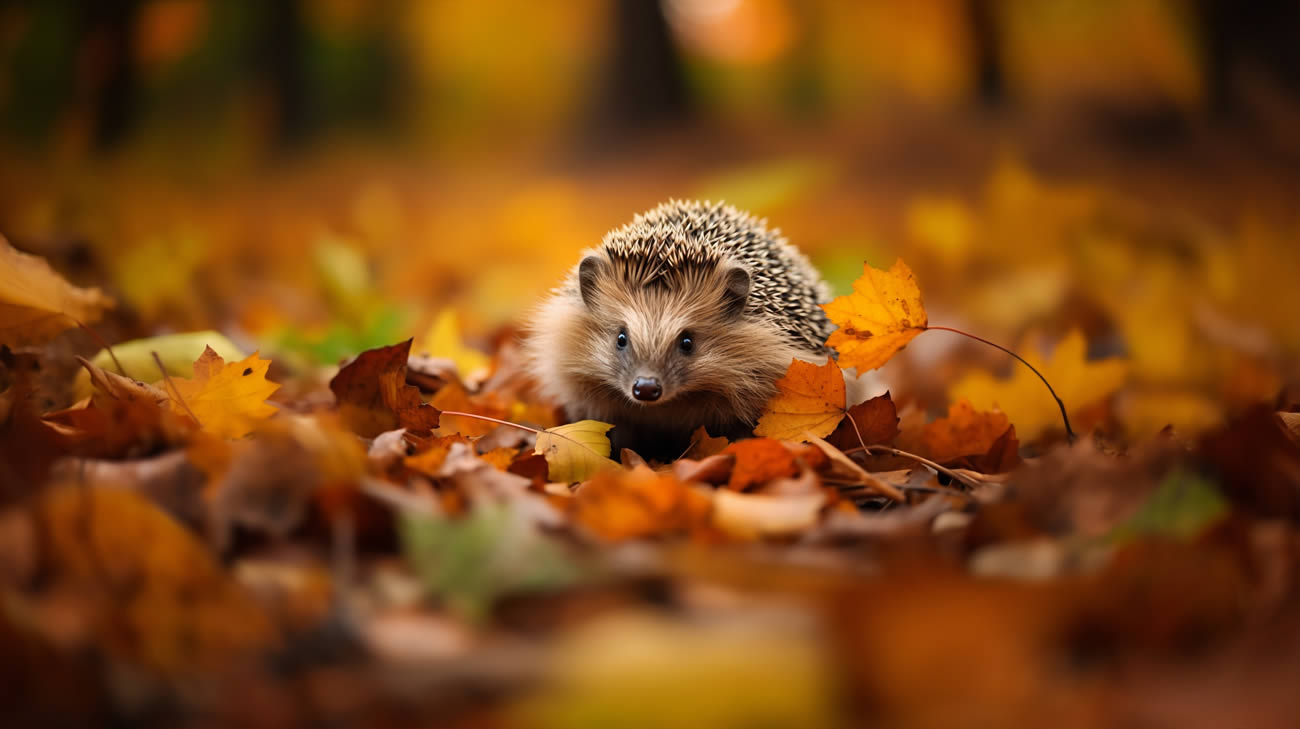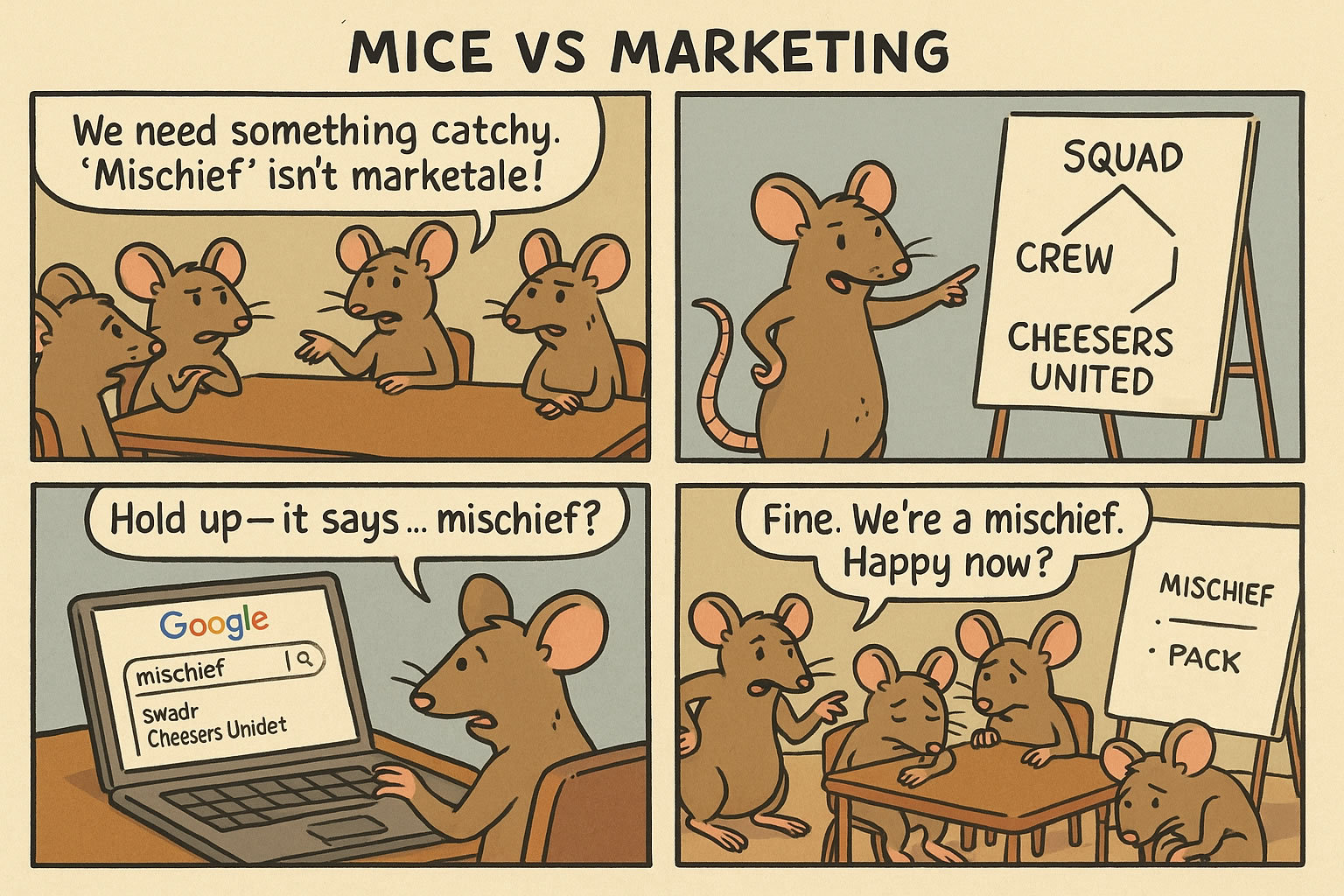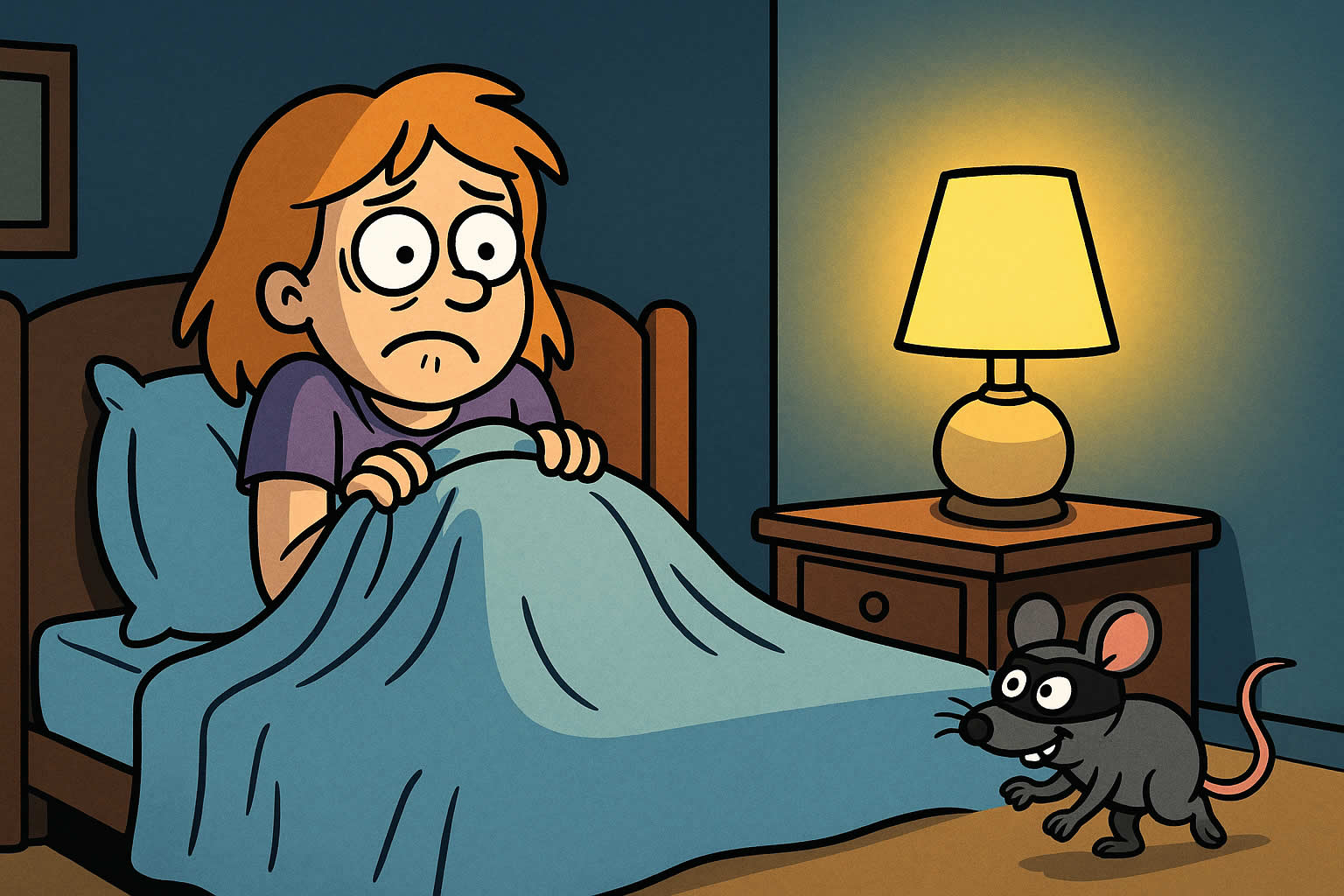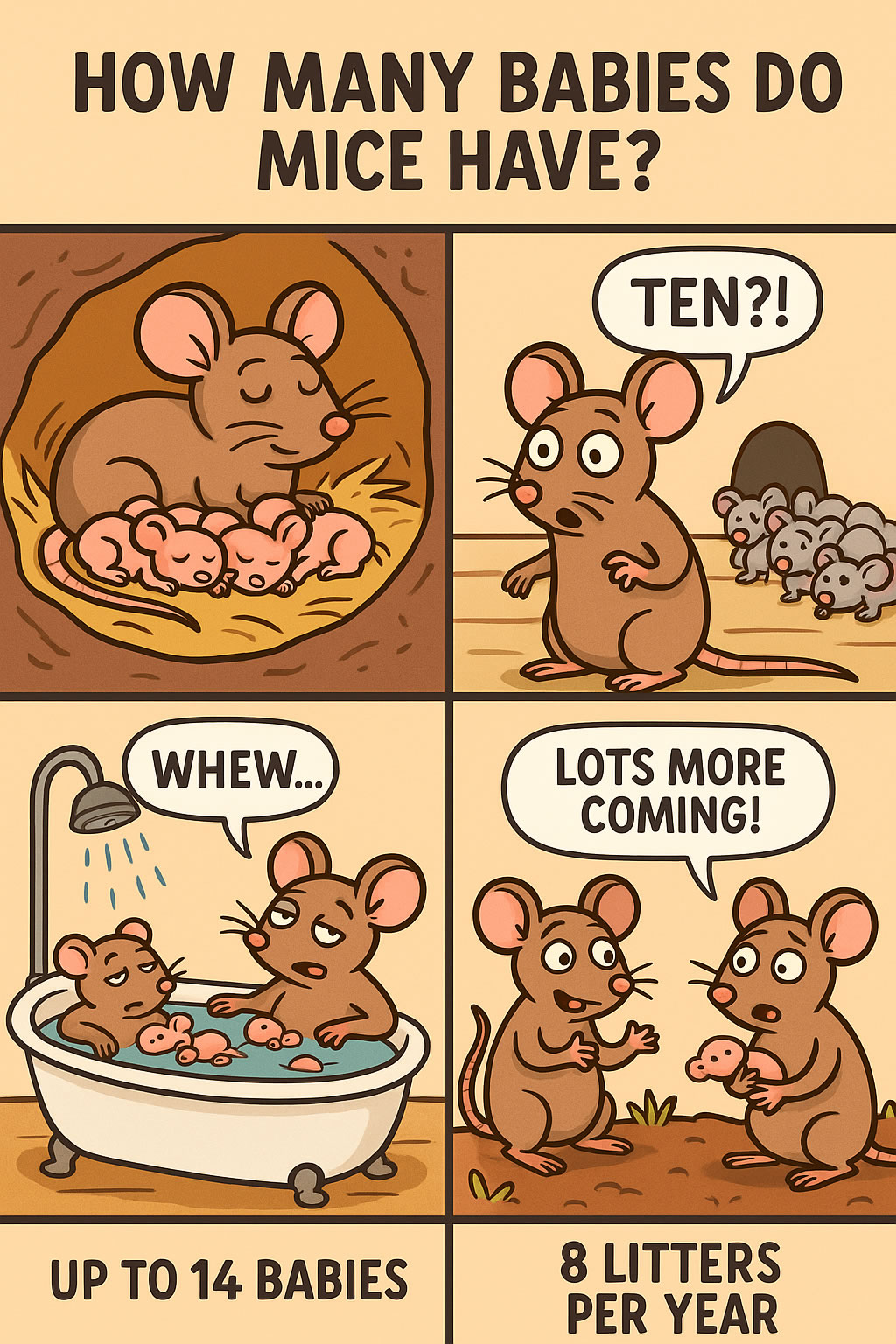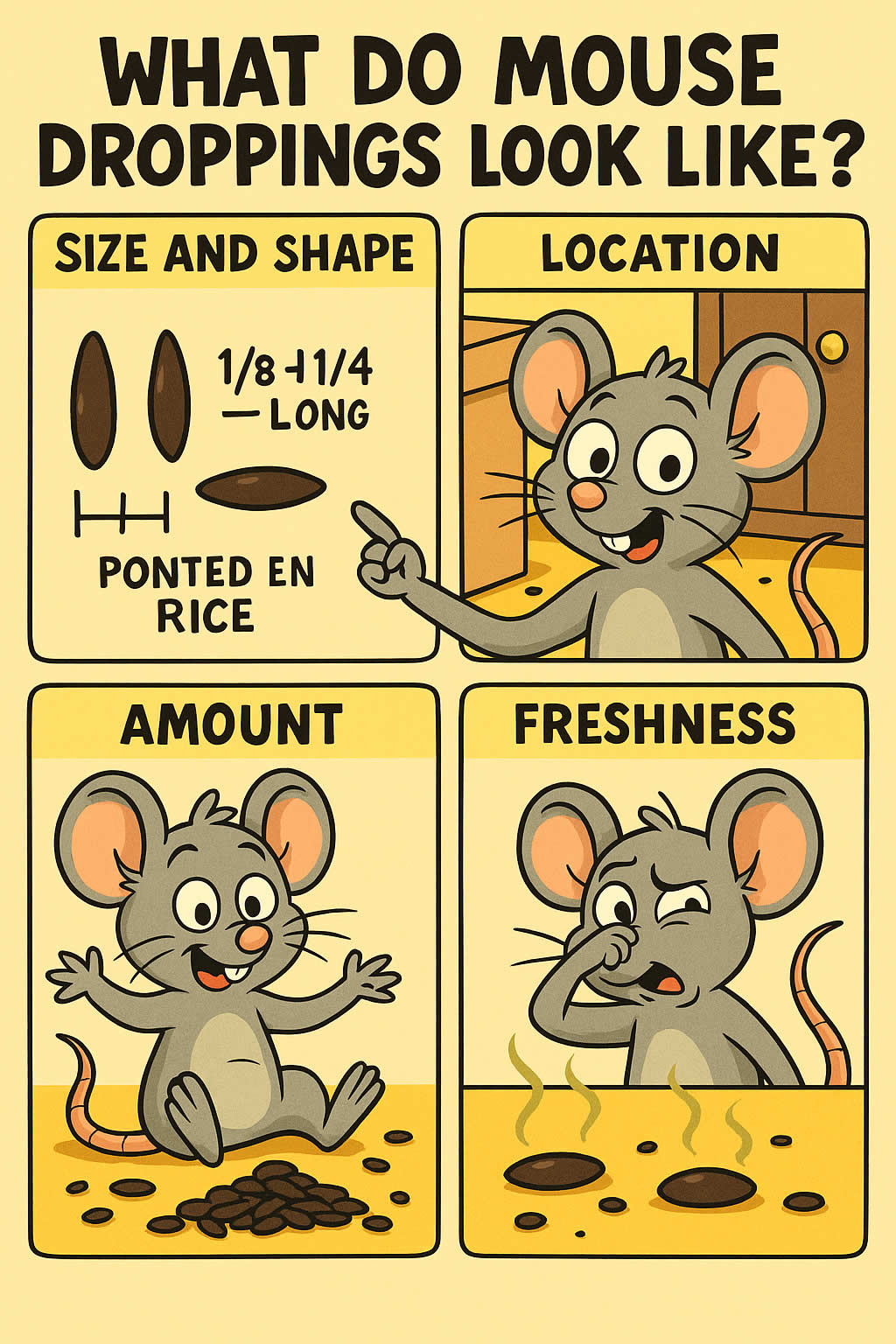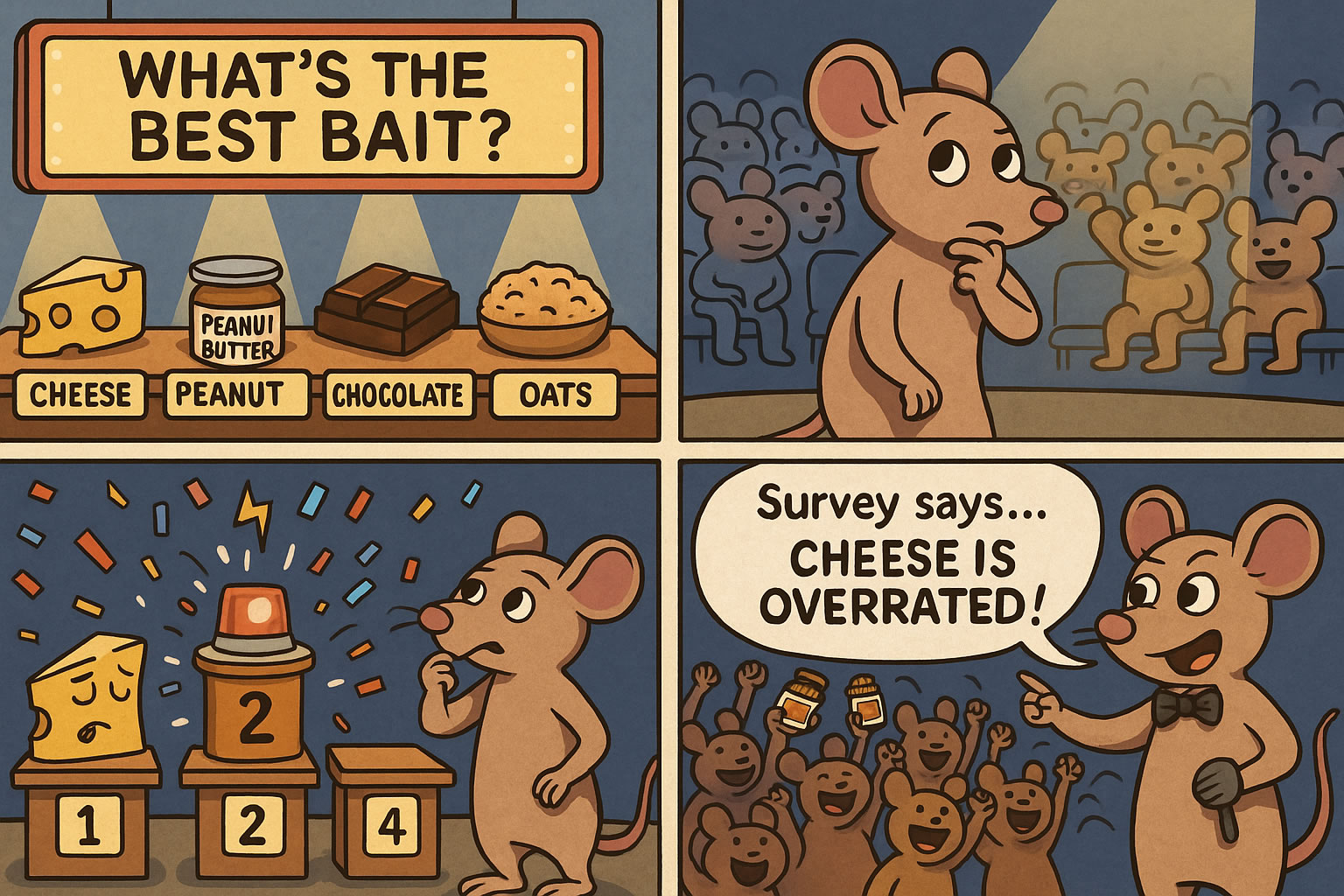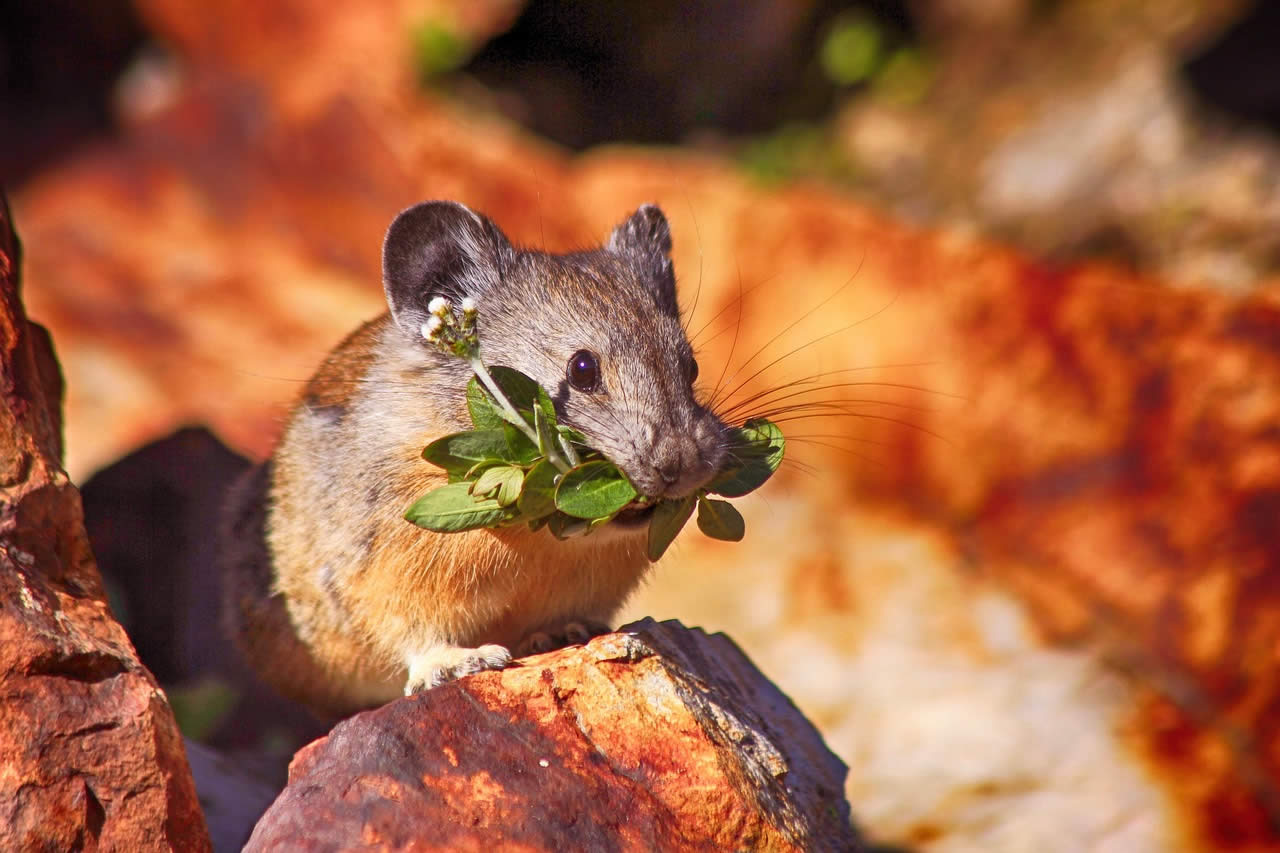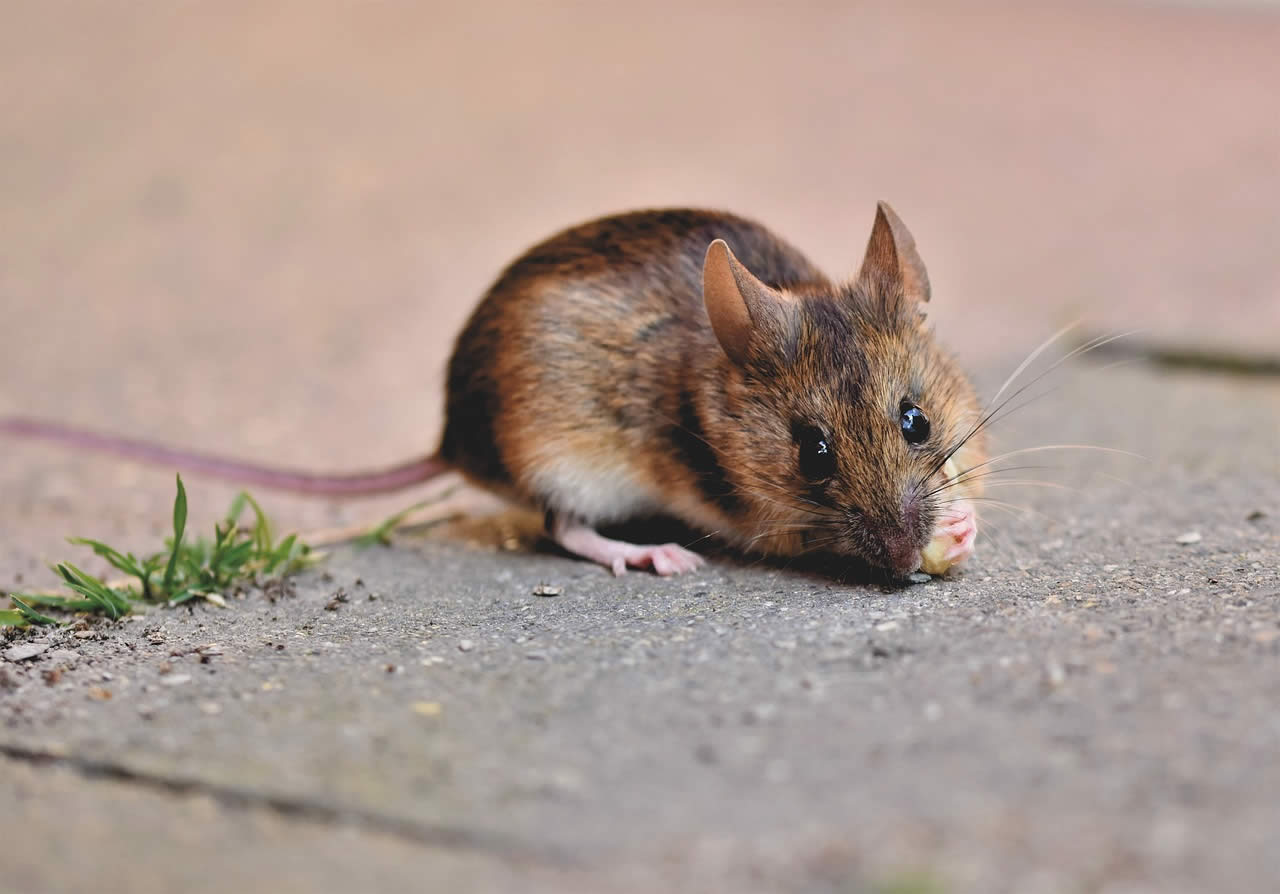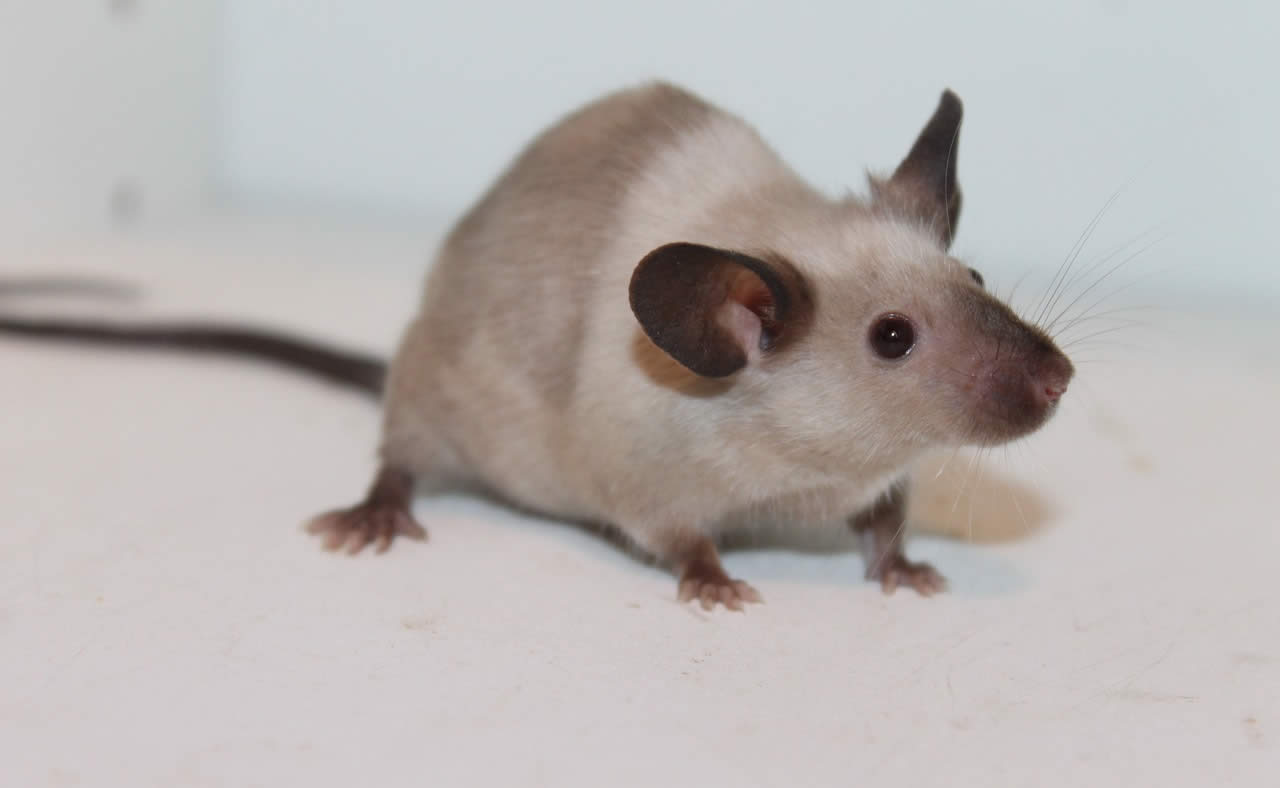Related Queries
ToggleHave you ever wondered if mice play dead? These tiny, furry creatures are notorious household pests that can drive any homeowner crazy. Due to their small size, fur, and quick movements, they can be quite challenging to catch. However, beyond their mischievous nature, mice exhibit intriguing behaviour that piques our curiosity.
One particular demeanour that often sparks interest is whether or not they play dead. If you’re eager to uncover the truth about this fascinating aspect of mouse behaviour, then you’re in for a treat. Join us as we embark on a captivating journey into the enchanting world of mice, exploring their behaviour and shedding light on the age-old question of whether these cunning little critters play dead or not. Get ready to delve into the depths of rodent behaviour and discover the secrets that lie within their tiny paws.
Do Mice Play Dead?
Mice, small and agile creatures, are known for displaying a diverse range of behaviours. From meticulously grooming their fur to diligently scavenging for food, they exhibit a remarkable level of adaptability. However, when it comes to the intriguing behaviour of playing dead, scientific evidence is scarce.
When faced with a threat, mice tend to rely on their inherent instincts, choosing between two primary responses: fighting or fleeing in order to ensure their survival. Their innate inclination is to swiftly escape from potential danger rather than resorting to feigning death. This preference can be attributed to the fact that playing dead does not offer them a reliable means of protection against predators.
Mice Are Creatures of Habit
Mice are fascinating creatures known for their habitual nature. They have a remarkable ability to stick to what has proven effective for them. When faced with danger, their instinctual response is to flee, as this strategy has consistently ensured their protection.
On the other hand, opting to play dead does not guarantee their safety and may even attract potential predators. Consequently, the likelihood of mice resorting to playing dead is minimal, given their instinctual preference for the tried and tested method of fleeing.
Can Mice Sense Danger?
Mice, small yet mighty creatures, are renowned for their remarkable ability to detect danger and react swiftly to potential threats. With their keen sense of smell, sound, and touch, they possess an innate ability to perceive even the slightest signs of peril.
When danger lurks, these agile beings can deftly evade and find refuge in the safety of their surroundings, outmanoeuvring predators with their lightning-fast reflexes. Their astute instincts and rapid response make playing dead an unnecessary defence mechanism for these resilient creatures.
Mice Can Hold Their Breath
It’s also worth mentioning that the concept of mice playing dead could potentially originate from their remarkable ability to hold their breath and significantly decrease their heart rate. This unique adaptation allows them to excel in swimming and diving activities, but it may not serve as a reliable defence mechanism against predators.
These fascinating attributes not only highlight their survival skills but also showcase their exceptional capacity to thrive underwater for extended periods of time, demonstrating the incredible resilience of these tiny creatures.
Conclusion
So, do mice play dead? The answer is a resounding no. Mice are not known for their theatrical skills of feigning death, and it simply goes against their innate nature. These small creatures are renowned for their remarkable speed, agility, and sharp response to threats. When faced with danger, their instincts kick in, compelling them to swiftly scurry for cover rather than play dead. The notion that mice engage in this behaviour is nothing more than a persistent myth that has endured over time.
Understanding the intricate behaviours and instincts of mice can prove invaluable in dealing with infestations. It is crucial to promptly recognise any signs of mice in your home and take appropriate measures to contain and prevent their presence. By doing so, you can effectively safeguard your living space and maintain a pest-free environment.
Fun Facts About Mice
While it might appear that mice “play dead” when threatened, the behavior is actually a more complex reflex called tonic immobility. It’s a temporary state of paralysis triggered by extreme fear or stress, similar to how some possums or deer react to predators.
During tonic immobility, the mouse’s heart rate slows, breathing becomes shallow, and muscle activity decreases significantly. This can make them appear lifeless, potentially deterring the predator or giving the mouse a chance to escape unnoticed.
It’s important to remember that tonic immobility is an involuntary response for the mouse, not a conscious choice. Therefore, it’s best to avoid intentionally triggering this state in mice, as it can be a very stressful experience for them.
Here are some other interesting facts about mouse behaviour:
- Mice are highly social creatures and live in complex family groups.
- They are excellent communicators, using a variety of vocalisations and scents to convey information.
- Mice are surprisingly intelligent and can be trained to perform simple tasks.
- They play an important role in the ecosystem, helping to control insect populations and disperse seeds.
FAQs
Why do mice primarily rely on fighting or fleeing when faced with danger rather than playing dead?
Mice primarily rely on fighting or fleeing when faced with danger rather than playing dead because playing dead does not reliably protect them from predators. Their instinct is to quickly escape danger rather than feign death.
This is because playing dead is a risky strategy for prey animals like mice, which are vulnerable to attack from predators such as cats and dogs. If a predator attacks an animal that has already died, it will not be satisfied and will continue to pursue its prey until it catches up with it. In addition, if a mouse plays dead after being wounded by a cat’s claws or teeth, the cat may see this as an opportunity to kill the mouse once and for all.
The best way for mice to avoid becoming prey is to run away as fast as possible when they sense danger approaching so that they can get out of sight before being noticed by their predators.
How does the habitual nature of mice influence their instinctual response to threats of playing dead versus fleeing?
Since fleeing has proven effective for survival, mice stick to this habitual response when threatened. Playing dead is unlikely since it doesn’t guarantee safety like their tried and true instinct to flee danger.
The habitual nature of mice also influences their ability to learn new behaviour. When forced into a situation that requires an unfamiliar response, mice will usually fall back on instinctual behaviours or simple learning. They’re not likely to change their behaviour if it’s not necessary for survival.
The habitual nature of mice also influences their ability to learn new behaviour. When forced into a situation that requires an unfamiliar response, mice will usually fall back on instinctual behaviours or simple learning. They’re not likely to change their behaviour if it’s not necessary for survival.
What specific senses do mice use to detect potential threats in their environment?
Mice use their keen sense of smell, hearing, and touch to detect potential threats in their environment.
Mice have a good sense of smell and can detect chemical signals in the air that indicate danger or food. They have very acute hearing, which helps them locate prey or avoid predators. Mice also use their whiskers (vibrissae) to help navigate through dark spaces and when they’re sitting still.
Mice have a good sense of smell
A mouse’s nose is located at the end of its snout and is covered by small scales called vibrissae that are used for touch and sensing vibrations in the air. These vibrissae are very sensitive to chemicals in the air and can pick up the unique scent left behind by other mice and rats. They also help mice find food by detecting chemical signals from food sources like seeds or nuts.
How does the ability of mice to hold their breath for extended periods enable them to thrive underwater?
Mice can hold their breath and slow their heart rate significantly. This allows them to excel at swimming and diving underwater for longer periods.
Mice are able to hold their breath for up to three minutes, far longer than some animals on the planet. They have a special breathing regulation system that allows them to slow down their heart rate and conserve oxygen while they are submerged in water.
They also have a special organ called the carotid sinus that senses blood pressure changes in the neck and activates respiration when it is needed. This enables mice to control their breathing without having to surface every few minutes like most other animals do.
If mice do not actually “play dead”, what is the real name of this involuntary behaviour when they appear lifeless?
Tonic immobility (TI) is an involuntary behaviour that makes mice appear lifeless. This is a natural response to threats, and can be seen in most mammals.
TI is used by researchers to assess fear in animals. It can also help to identify the effectiveness of different drugs for treating anxiety and phobias in humans.
In rodents, tonic immobility is characterised by:
- Complete absence of movement
- High body temperature
- Reduced heart rate and blood pressure
- Decreased oxygen consumption
What triggers the involuntary response of tonic immobility in mice and other animals?
Extreme fear or stress triggers tonic immobility, causing temporary paralysis.
The behaviour in question is sometimes called “play possum” because it’s similar to the way a possum plays dead when threatened by predators. But while a possum simply fakes death, animals that go into tonic immobility are actually paralysed with fear.
Tonic immobility is not just a human phenomenon; it’s been observed in numerous species of mammals and birds, including mice. It has also been observed in invertebrates such as snails and crabs.
In animals, tonic immobility is triggered when they are faced with extreme fear or stressors like pain, injury or suffocation. This involuntary response causes the animal to freeze up and become motionless as a defensive mechanism against predators who might mistake it for being dead if it moved around too much.
Why is it best to avoid intentionally inducing tonic immobility in mice since it causes them distress?
There are many reasons why it’s best to avoid intentionally inducing tonic immobility in mice. The most obvious reason is that the stress of being restrained and paralysed can cause severe distress and pain to a mouse.
In addition, intentionally triggering tonic immobility causes great stress for mice, so it’s best avoided.
Mice are prey animals that evolved to be hyper-sensitive to danger signals, and this sensitivity is still present in today’s domesticated mice. Because of this hyper-sensitivity, they can easily become frightened by simple stimuli such as being held by humans. This is especially true when they’re young or have never been handled before.
The stress caused by tonic immobility could also interfere with studies on other behaviors such as learning and memory performance.
What are some examples of the complex vocalisations and scents mice use to communicate with each other?
Mice communicate using various squeaks, chirps, and ultrasonic vocalizations. They also use pheromones and scent marking to convey information.
In the wild, mice often make ultrasonic chirping sounds to let other mice know they are safe or in distress. These are typically low-frequency sounds that humans cannot hear but can be picked up by other species of animals such as bats.
Mice also use scent marking to communicate with each other. They often leave behind urine droplets around their home (called a territory) which contain pheromones that tell other mice who lives there and what kind of mood they are in at that time.
Mice also have scent glands on their tails which they use to mark objects such as food sources and territory boundaries by rubbing their tails against them.
In what ways do mice play an important ecological role through their interactions with insects and plants?
Mice are small mammals that play an important ecological role through their interactions with insects and plants. Mice help control insect populations and disperse seeds, supporting the ecosystem.
Insect Control
Mice eat insects, including many agricultural pests such as aphids and weevils. They also consume plant bulbs such as onions and garlic. When competing for these foods with larger animals such as rats, mice may act as a check on those populations by eating their eggs or young before they become adults. This is especially true in cases where mice eat the insects’ eggs before they hatch into larvae (immature insects).
Seed Dispersal
Mice also play an important role in seed dispersal by carrying seeds away from their parent plants to new locations in their burrows and nests. This helps ensure that seeds don’t all germinate close together, which allows some plants to survive while others get eaten or compete for resources. It also helps ensure that the next generation of plants has enough space to grow large enough to flower and set seeds of its own — otherwise they would be crowded out by older plants that haven’t spread out yet.
What evidence indicates that mice have notable intelligence and can be trained to perform simple tasks?
Mice are one of the most studied animals in research, and their intelligence and capacity to learn has been well established. They have been taught how to perform simple tasks such as finding a hidden platform in a water maze or pressing a bar to receive food or water.
In addition, they also have the ability to remember places they have visited before and use that knowledge to navigate through mazes or find food sources. Mice are also able to learn by observation and imitation, which allows them to solve problems without prior experience.
Mice have a good sense of smell and hearing, but their vision is poor compared with other rodents such as rats.
Pest Control Lower Stondon – Pest Control Eversholt – Pest Control Wootton Green
